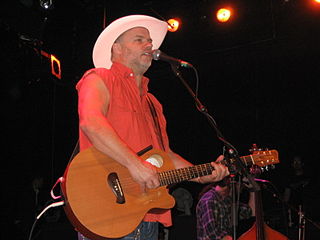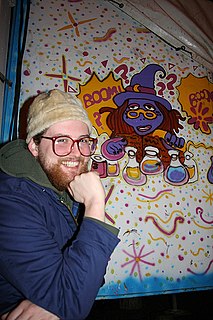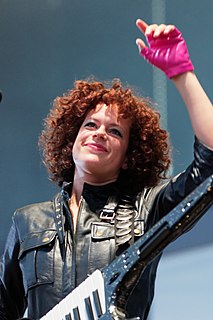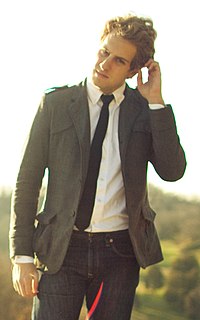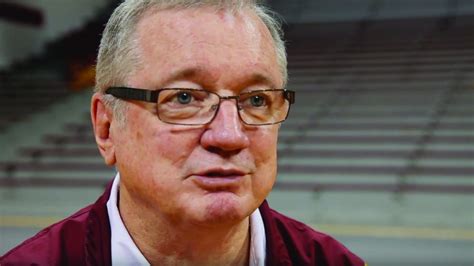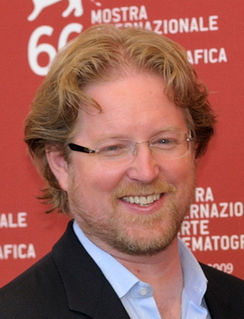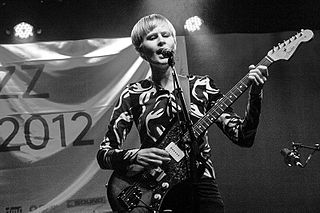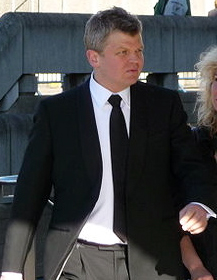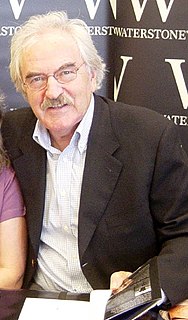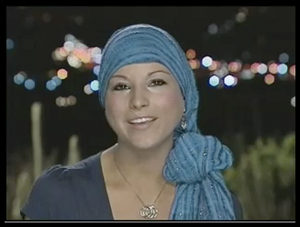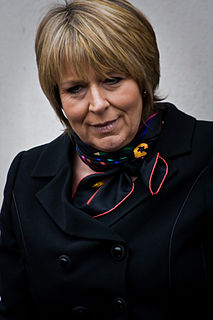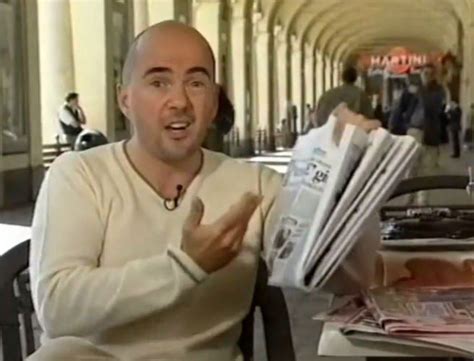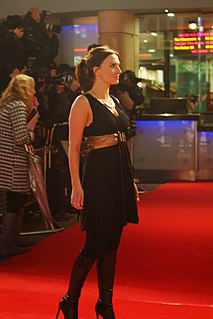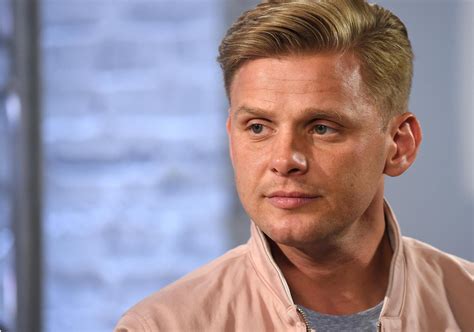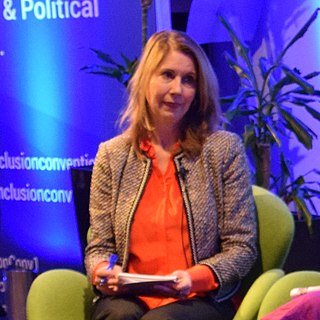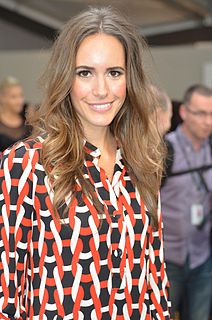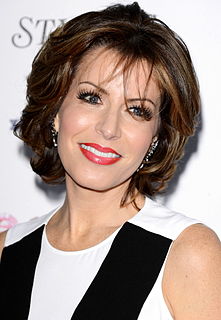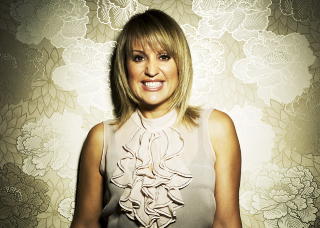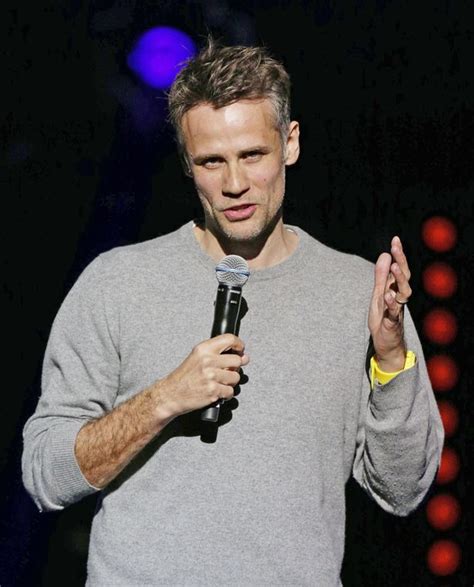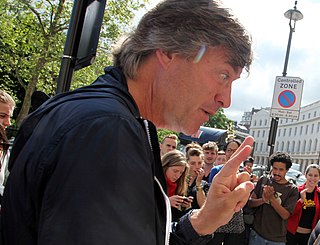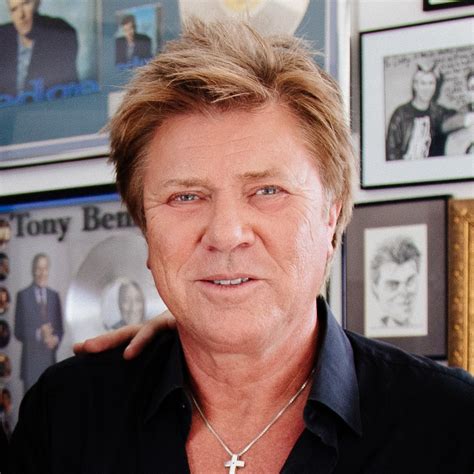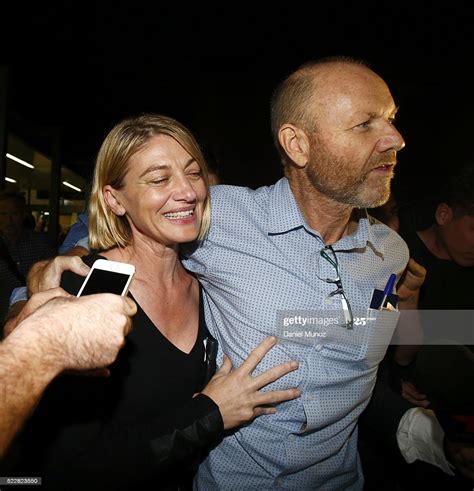A Quote by Dallas Campbell
You don't have to be musician to listen to music, and you don't have to be a filmmaker to go to the cinema, but somehow when we think of science, we think of it only as an academic discipline.
Related Quotes
The music that I play is much more accepted in America. Do you know what I mean? Americans recognize and not necessarily country music. I go to a lot of places in Canada and they go "I don't like country music" and they think I'm a country musician. When I am a country musician but not a country musician like they think of.
I often envy a filmmaker or a playwright or an author where people are like, "Yeah, I sat down every night and read your book and it was beautiful." Or, "Yeah, I went to the movies and all I did was watch the movie because that's all you could do at the movies." Where with music, it's like, "Ugh, I love your music. I listen to it while I'm jogging thinking about how I hate my body." But it is also the privilege of being a musician is you can have your music in this documented form and play it live and that's, I think, what draws me to it the most.
Most people define themselves by what they do - 'I'm a musician.' Then one day it occurred to me that I'm only a musician when I'm playing music - or writing music, or talking about music. I don't do that 24 hours a day. I'm also a father, a son, a husband, a citizen - I mean, when I go to vote, I'm not thinking of myself as 'a musician.'
I have a musician friend who, after reading Mountains, told me, "When I read the book, I wanted to quit music altogether and become a doctor." I told him, "Do you really think you can be a better doctor than you are a musician? Nobody needs you as a lousy doctor. Just be the one-of-a-kind, brilliant musician you are, and divert your success somehow to benefit the poor." You can achieve so much more this way.
Individual and team discipline ultimately come down to practicing a small set of principles over a long period of time. Success is not a matter of mastering subtle, sophisticated theory, but rather embracing common sense with uncommon levels of discipline and persistence. Said in yet another way, discipline is to an athlete what scales are to a musician. Mastering the scales is what allows the musician to perform music. Mastering the skills of self discipline is what enables a person to become an accomplished elite athlete.
I know that my music is heard a lot in commercial circles. In academia, I think my music is taken in differently but I'm not sure why that is. Some kind of sixth sense tells me that people in that world are thinking differently about it. I don't know if it has to do with the structure of my music, which is probably more apparent to those in the academic world than it is in the commercial world, where people tend not to think of that aspect of music so much. They just listen for pure enjoyment.

